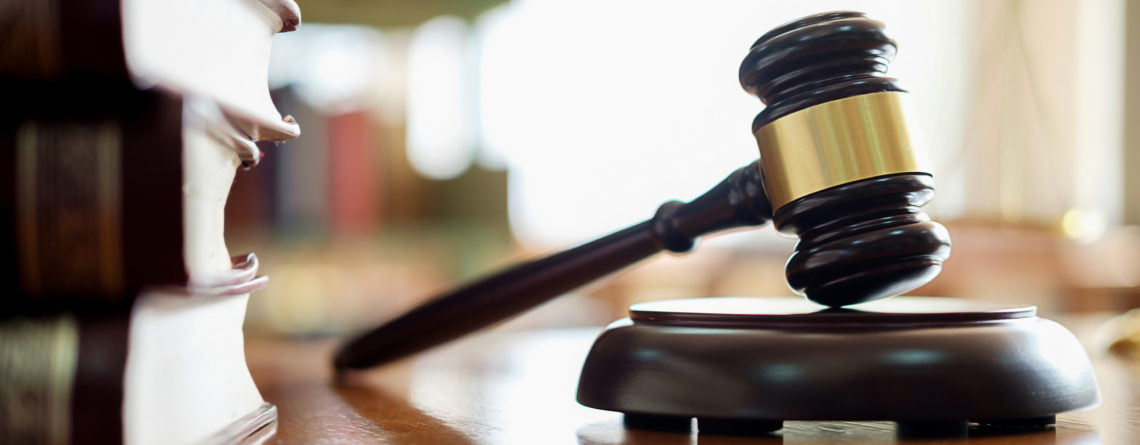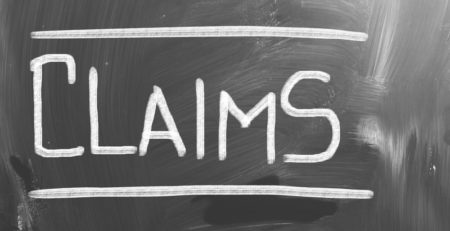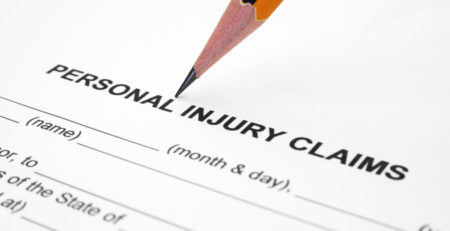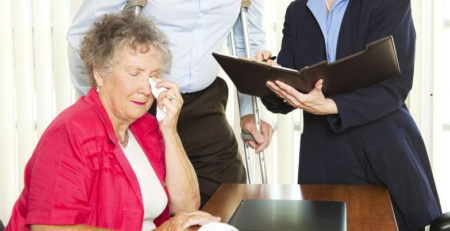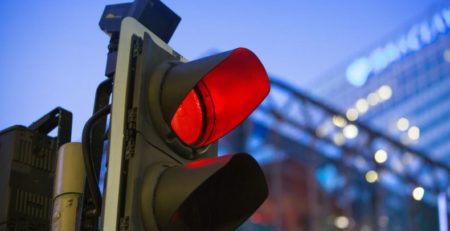WHAT IS INDIANA PREMISES LIABILITY (AND HOW DOES IT WORK)?
If you are injured on another person’s property, was it because the property owner was negligent? Will you be able to take legal action and seek compensation? Will one of the personal injury attorneys in Greenwood be able to help you?
If you’ll keep reading, these questions about injuries on private property are about to be answered. Anyone can be injured slipping on wet floors, tripping on a cracked sidewalk, or becoming the victim of some other type of property negligence.
Under Indiana law, businesses, homeowners, and landlords must ensure that the properties they own are reasonably free of potential hazards to residents, customers, employees, and the general public.
WHEN ARE YOU ENTITLED TO COMPENSATION UNDER INDIANA LAW?
Indiana law entitles you to compensation for injury-related medical bills, lost wages, and related losses if:
- You are injured on another person’s property in this state.
- You are injured because the owner of the property was negligent.
- You can prove #1 and #2 above.
Of course, if you’ve sustained a personal injury because a property owner was negligent, you must have a reliable Indiana premises liability lawyer discuss your rights and explain your legal options.
Make the call to that attorney immediately after you’ve been examined by your physician or another medical provider.
WHAT TYPES OF INJURIES ARE COMMON IN PREMISES LIABILITY CASES?
Slip- or trip-and-fall accidents are the most frequent kinds of accidents that happen on private property. Slip- or trip-and-fall accidents cause spinal cord injuries, traumatic brain injuries, neck, head, and back injuries, broken bones, contusions, and other serious injuries.
Scores of serious injuries are sustained on private properties each year in Indiana due to:
- slippery floors
- uneven or dilapidated stairs
- pavement or sidewalks that are uneven, cracked, or slippery because of oil or ice
- inadequate lighting – especially in parking areas and staircases
- curled-up floor mats, rugs, or carpets
- cluttered walkways or hallways
As you might guess, most of the serious slip- or trip-and-fall injuries happen to elderly persons.
HOW WILL A PREMISES LIABILITY ATTORNEY HELP AN INJURY VICTIM?
The injured victims of negligence are entitled by Indiana law to full compensation for their injuries and related damages, but winning that compensation is not always easy. You must have a reliable premises liability lawyer representing you and advocating for justice.

Keep reading, and you’ll find out what it takes to prevail if you choose to pursue a premises liability action in the state of Indiana.
WHAT IS THE AIM OF PREMISES LIABILITY LAW?
You’ll find that “reasonable” is a prominent word in the text of premises liability laws. Reasonably speaking, no property owner can possibly prevent every accident that could happen on a private property. Therefore, the law tries to strike a balance that’s just and fair.
For instance, when a hazard on a private property injures a visitor to that property, was the property owner aware of the hazard? Did the owner have a “reasonable” length of time to arrange for the hazard’s clean-up or repair? It’s the key question in premises liability cases.
If a customer spills milk on a supermarket floor, and you slip on that floor fifteen minutes later, the store will probably be liable, but if you slip on that floor only fifteen seconds later, the store may have no liability, as fifteen seconds is not a “reasonable” amount of time for a clean-up.
Premises liability laws are crafted to balance the “reasonable” legal responsibilities of a property owner with a visitor’s own obligation to behave cautiously and safely on private property. Thus, the law requires only “reasonable” measures by property owners to keep properties safe.

TO WIN WITH A PREMISES LIABILITY CLAIM, WHAT HAS TO BE PROVEN?
How do courts balance the responsibilities of property owners against the responsibilities of visitors to their properties? To prevail with a premises liability action, an injured victim of negligence must demonstrate that one of these situations existed when the accident happened:
- The property’s manager or owner should have been aware of the potential danger. A “reasonable” property manager or owner in a comparable circumstance would have been aware of and would have repaired or cleaned up the potentially dangerous hazard.
- The property’s manager or owner was aware of the danger and failed to take any action.
If either #1 or #2 above can be proven, it means that the property’s manager or owner was liable for the hazard, the accident, and the injury.
Indiana property owners might not be able to cite the exact law, but they generally understand their responsibility to keep their private properties “reasonably” hazard-free.
WHAT QUESTIONS MUST BE ANSWERED IN PREMISES LIABILITY CASES?
Typically, premises liability cases concentrate on what a property owner “should” have been aware of and whether an owner pursued “reasonable” steps to eliminate a property hazard. Often, the two key questions in a premises liability case are:
- At what time did the potential danger arise and for how long was it there before the injury happened?
- Did the owner have enough time to clean up or repair the hazard?
When property owners find out about leaks, cracked sidewalks, or other hazards, it may take several days to locate and schedule qualified repair persons and to bring them to the property. Until a hazard is repaired, the owner should have warning signs posted.
WHAT DEFENSES CAN BE OFFERED BY A PROPERTY OWNER?
You should know that if you take legal action to recover compensation after an injury on private property, the property owner may attempt to put the responsibility back on you by offering one or more of these arguments in his or her defense:
- You simply were not paying any attention to your surroundings.
- You were trespassing or in an area closed to the public.
- The hazardous area was marked by yellow cones and/or warning signs.
- A “reasonable” individual would have seen and avoided the “obvious” hazard.
HOW ARE THE MAJORITY OF PREMISES LIABILITY CASES RESOLVED?
An overwhelming majority of Indiana’s premises liability claims are resolved out-of-court prior to the start of a trial. If your case can’t be resolved that way, a jury will decide if a property’s owner had a “reasonable” chance to repair a hazard before it injured you.
If you are injured on another person’s property in Indiana, seek medical attention immediately. If a property owner’s negligence was the cause of a personal injury, when you’ve obtained medical treatment, contact one of the personal injury attorneys in Greenwood at once.
The clock on the Indiana statute of limitations for personal injury cases starts on the day that you are injured. If you do not take action within two years, you will lose your right to have your case heard in court, and you’ll receive no compensation.
WHEN SHOULD YOU SPEAK TO A PREMISES LIABILITY LAWYER?
Don’t wait two years – or even two weeks – to speak with an attorney if you’ve been injured by a property owner’s negligence. Make the call at once. Evidence deteriorates and memories fade fast, so it is imperative to put your attorney on the case as quickly as possible.
A slip-and-fall or trip-and-fall accident can happen to anyone. Usually, you can get up and walk away, and the only thing that you suffer is a little embarrassment.
However, if you are physically injured because a property owner was negligent, you have the right to be compensated, and you have the right to a good attorney’s help, but you are the only one who can take the first step – and make the call.

